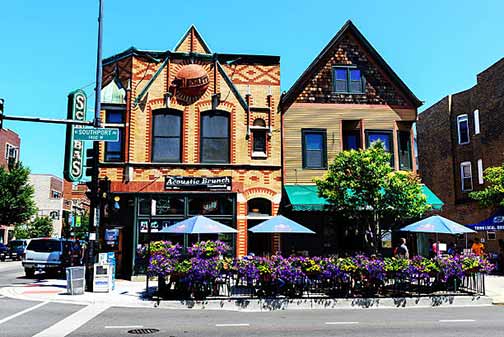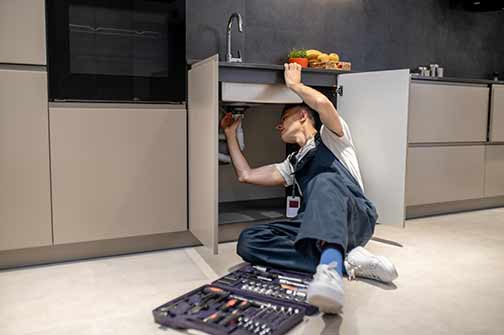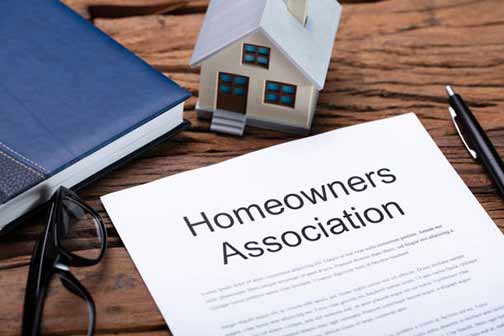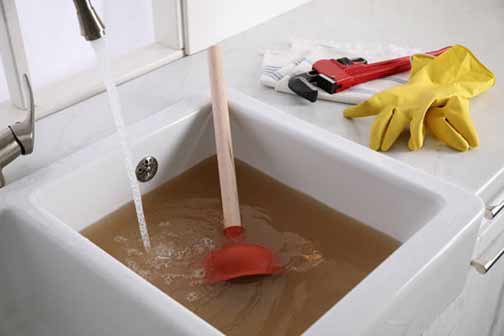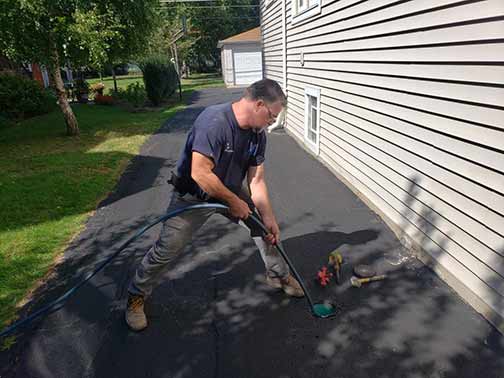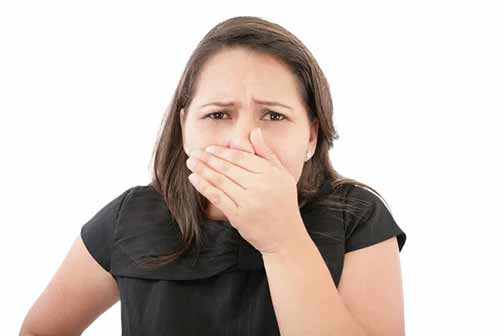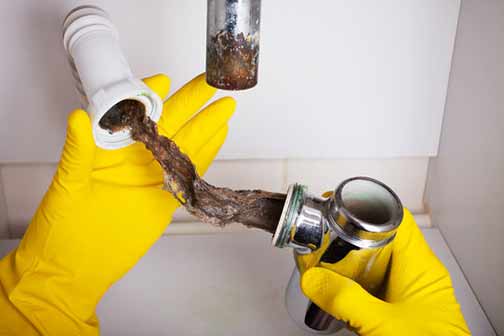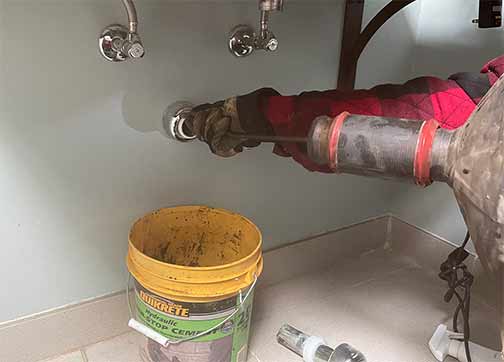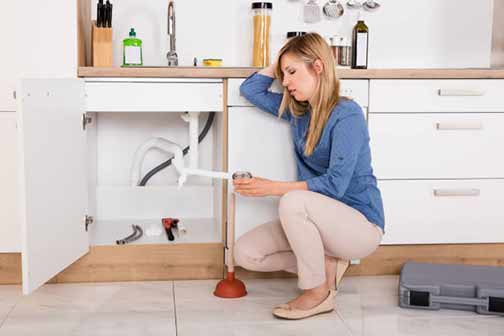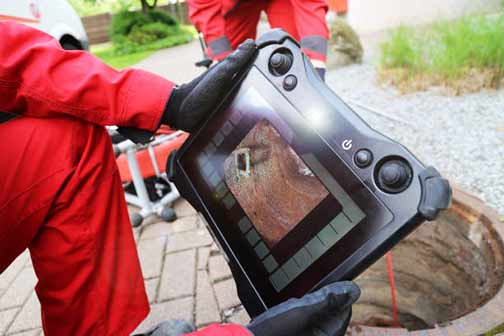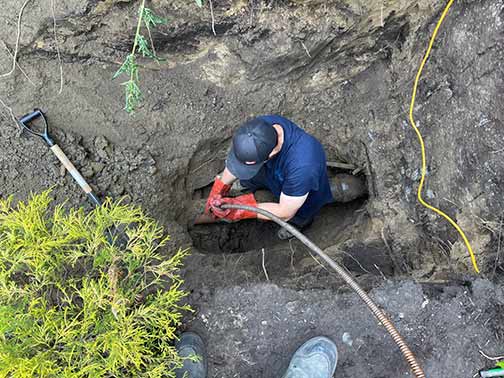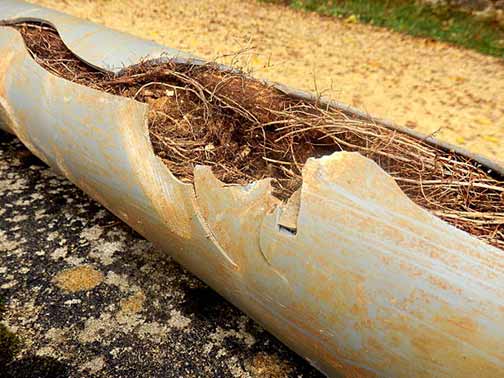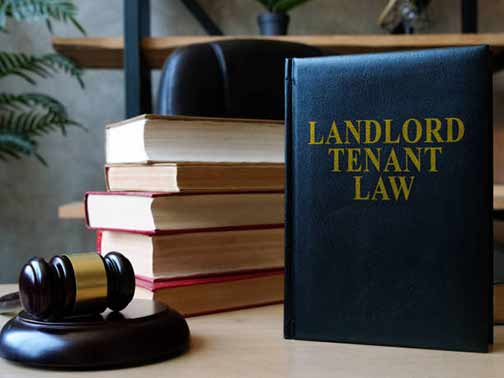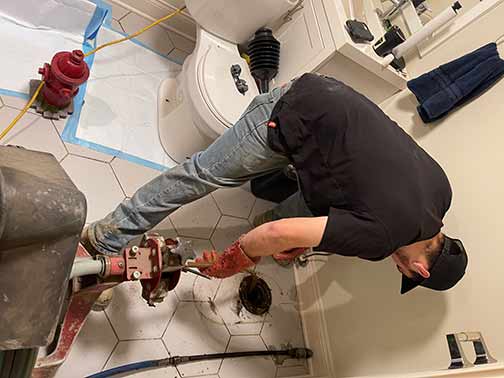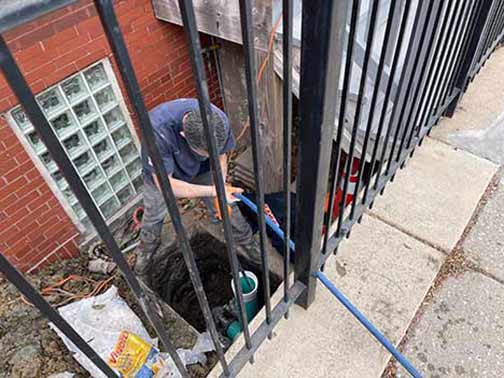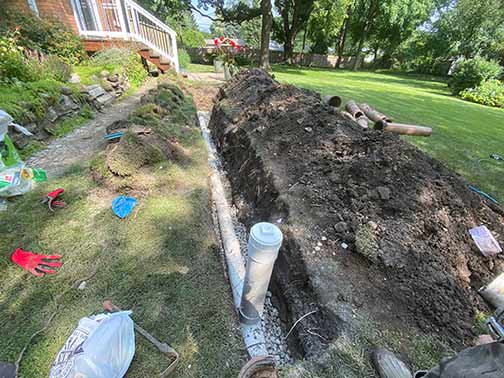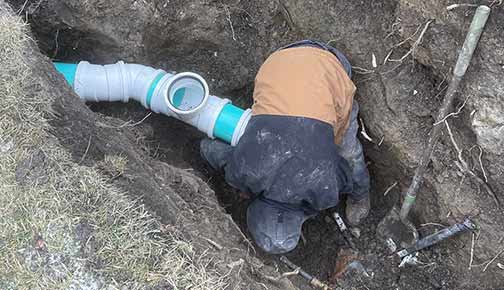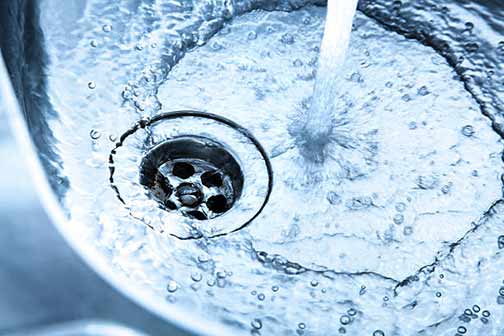Drain cleaning is an essential maintenance task that can affect the operations and performance of any business. But in most business premises, drain cleaning is overlooked because it doesn’t seem to link to the bottom line directly.
But if you run a bar or restaurant in Chicago city, the condition of the drainage systems in your building can have grave implications for your business. Poorly managed drain systems create unsanitary conditions that can drive away customers, according to Librett Real Management team.
In addition to the environmental problems posed by clogged drains, they expose your staff to a higher risk of illness. There is also a risk of business closure if city health officials conclude that your drainage system constitutes a health hazard.
But you can avert these problems with regular cleaning of the drains. Routine cleaning of the drains in your premises will help your business, employees, customers, the environment and the entire city of Chicago in the following eight ways:
8 benefits of drain cleaning for bars and restaurants in Chicago
Compliance with environmental regulations
Health and sanitary requirements are usually tougher for bars and restaurants than for most businesses. That is because, unlike businesses where food and drinks are not served, customers of bars and restaurants have a higher exposure to food poisoning, waterborne diseases and other health issues. As a result, restaurants and bars are expected to maintain high standards of cleanliness. Failing to live up to these expectations can result in closure or loss of business.
Prevent clogs and blockages
Drainage systems in bars and restaurants are highly susceptible to clogs and blockages because owners do not have direct control over what their patrons flush into the toilets. Additionally, commercial kitchens produce a lot of used-up grease that often ends up inside the drainage system, where it can become a problem. Regular cleaning of the drainage system helps to prevent clogs and sewer backups due to grease buildup.
Prevent foul odors
Unpleasant odors in your bar or restaurant will ruin its ambience and destroy all the work you have to do to gain customers. Once a bar or restaurant loses its reputation, it can be very hard, if not impossible, to rebuild it. Thus, it is essential to remove any buildup of organic matter inside your drains that may cause bad odors on the premises. The only way to do this is to have your drains cleaned regularly.
Help maintain public health and safety
As a restaurant or bar, your customers trust you to make decisions that will protect their health and well-being. They expect that your premises should not be a breeding ground for bacteria and other harmful microorganisms. The extent to which you meet customers’ expectations in this regard is the extent to which they will rate and promote your business. Regular drain cleaning is an investment in your customers and business.
Prevent flooding and water damage
Heavy rainstorms and flooding are common occurrences in Chicago. To a large degree, your business’s ability to get through the year without a flooding incident depends on the condition of your drainage systems. Well-maintained drainage systems that handle water effectively will minimize your exposure to flooding and water damage risk. On the other hand, drain pipes that are clogged with debris significantly increase the risk of sewer backups and flooding in your building.
Avoid pest invasion of premises
Bars and restaurants offer a perfect breeding ground for pests because of the volume of food waste they generate. In most bars and restaurants, pest extermination efforts are focused on prompt waste collection and cleaning the premises. But the building’s drain lines are where so much of the vermin that invade the premises hide. Regular drain cleaning helps prevent pest infestation in your restaurant and bar.
Protect your plumbing system
Regular drain cleaning helps you solve budding issues in your drainage system before they become emergencies that disrupt business operations and take money out of your pocket. Drainage systems that suffer from extensive buildup and frequent clogs are exposed to stresses that cause them to age prematurely. By cleaning your drains regularly, you prolong their lifespan and avoid major problems that cost a lot of money to fix.
Make and save money
Regular drain cleaning helps you make and save money. The money spent on regular drain cleaning is not a cost but an investment in the reputation and future of your business. You will recoup that investment in the form of positive reviews by customers, a more efficient drainage system and overall lower maintenance costs.
To conclude, reputation is everything for a bar or restaurant, and the cleanliness of the premises is a huge part of that. Any plan for improving the reputation of your restaurant or bar that does not include regular drain cleaning is incomplete because it will not achieve its objectives fully.
Are you interested in learning how to we can provide an effective drain cleaning maintenance program for your bar or restaurant? Contact us below!
